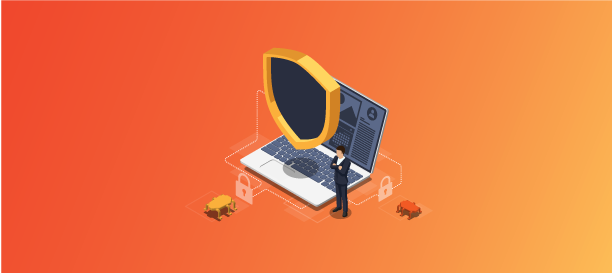 As workers fled home to handle everything remotely, organizations had to quickly address new threats and questions that were raised about maintaining the integrity and safety of their data. From the IT perspective, the pandemic...
As workers fled home to handle everything remotely, organizations had to quickly address new threats and questions that were raised about maintaining the integrity and safety of their data. From the IT perspective, the pandemic... - Reinforced the need to follow good password hygiene
- Brought to light the need to engage in data security and access best practices through mechanisms like multi-factor authentication
- Showed us how important staff training is in terms of data security. The ability of employees working remotely in a less secure environment to identify phishing scams or malicious attachments that could compromise the entire business data setup is really critical. Your data security’s first line of defense is your staff. And this is never more true when they are working remotely.
- Proved that smooth, secure and timely access to data is a must-have for business continuity. This means technologies facilitating remote work, such as the cloud, VoIP and other collaboration tools are not a matter of choice anymore. They are a part of the core requirements for the smooth functioning of your business.
- Taught us that agility is everything in today’s world. When the pandemic struck, businesses that did well or even survived were the ones that were quick to make the transition to the remote work environment. Agility requires IT support that can pivot quickly to meet new demands.
- Has given root to the WFH culture, which likely won’t wither away even as the pandemic fades. WFH is here to stay and businesses and customers alike have to adapt to this ‘new normal’.